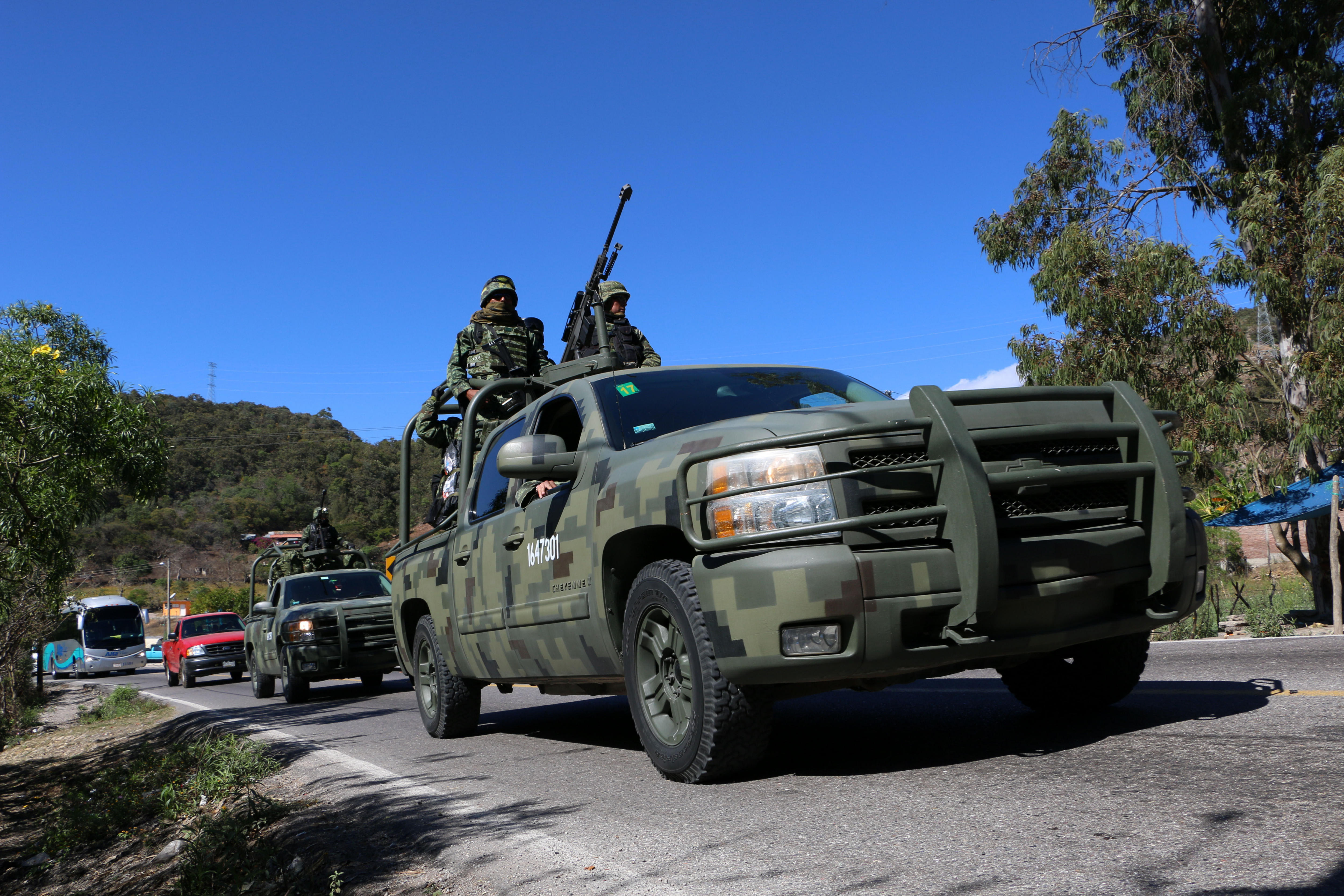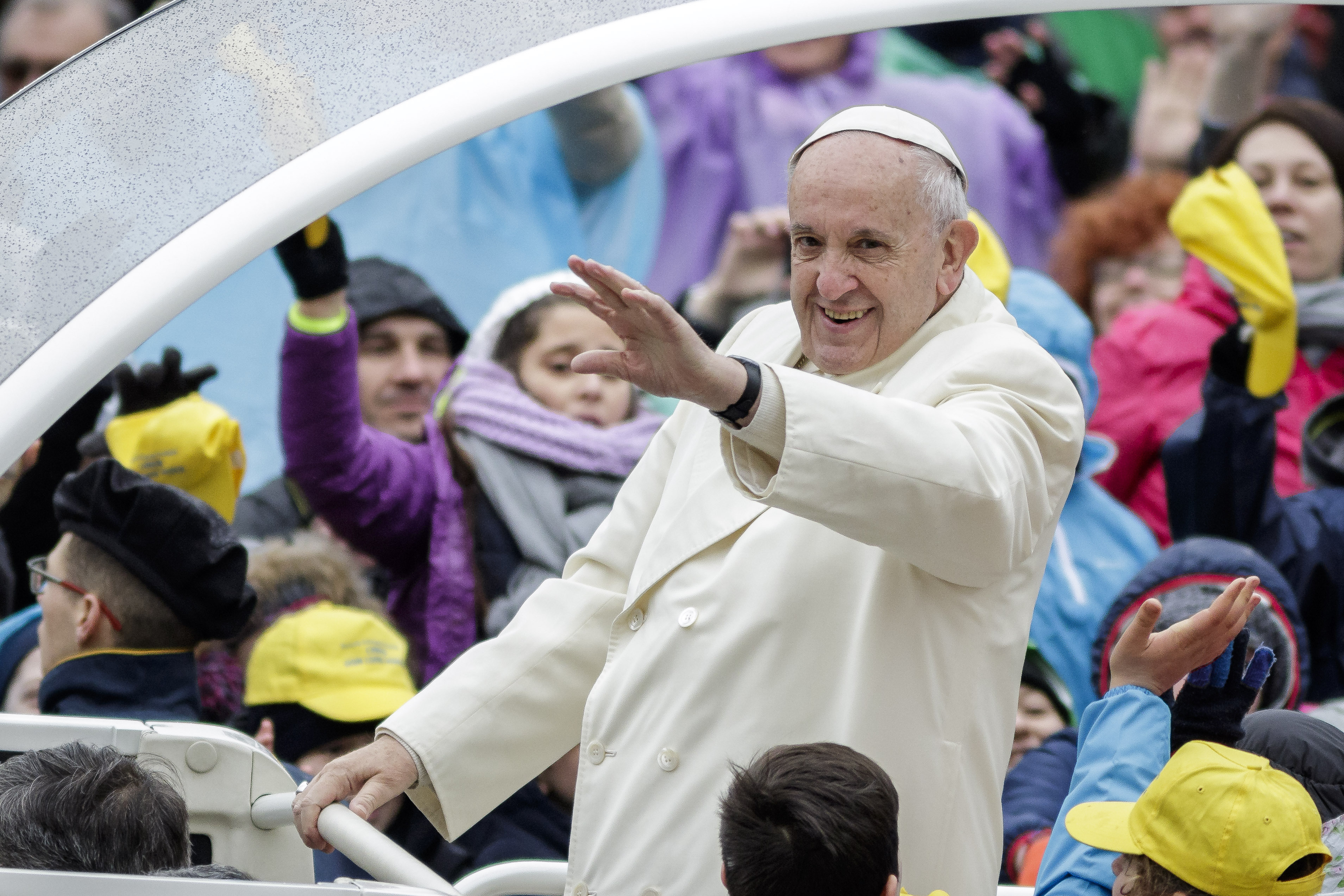Renounce the desire for power and live simply, Pope Francis has ordered bishops and Vatican officials preparing to retire.
Issuing a new law, titled “Learning how to Resign”, the Pope says bishops reaching retirement should draw up a “new project of life” to be marked “as much as possible by austerity, humility, prayer, time dedicated to reading and willingness to provide simple pastoral services”.
The law also rules that non-cardinal bishops serving in the Roman Curia should submit their resignation at the episcopal retirement age of 75. The Pope will then decide whether they stay on or depart straight away.
Up until now their service stopped automatically on reaching retirement. This does not affect cardinals who run Vatican departments as they, in common with all the Church’s diocesan bishops, submit resignation letters on reaching 75.
Francis, who chose to live in a simple suite of rooms in a Vatican guesthouse rather than the Apostolic Palace, stressed that retiring prelates should “strip themselves of desires of power and of the pretence of being indispensable”.
The legislation, which in Italian is called “Imparare a congedarsi” and was issued “Motu Proprio” (by the Pope’s own initiative), is designed to stop retired cardinals and bishops from interfering with the work of their successors while ensuring they continue to serve after stepping down from office.
It places on bishops and cardinals the obligation to prepare for resignation, to adopt a new "life project" marked by service. The concept of a retired bishop is a relatively new one in the church given bishops were expected to die in office so the Pope is trying to set out what is expected of retired prelates.
The new law says that bishops working in the curia retire at 75 and must offer their resignation at that time. Up until now their service automatically stopped at 75. The Pope then can choose to accept the resignation or extend service. It codifies that on receiving the resignation letter from a bishop that the Pope can accept or extend the service. This is what happens already in the Church but is now set out in law.
It is also aimed at preventing a repeat of the saga involving the Vatican’s former Secretary of State, Cardinal Tarcisio Bertone, who chose a 6,500 square foot flat with a large roof terrace overlooking St Peter’s as his retirement home. Last October, the former president of a Vatican hospital was convicted of misdirecting hospital funds to refurbish the cardinal’s flat, which he planned to live in with a secretary and three nuns.
Francis’ ruling, which updates a 2014 edict on bishops’ resignations, stipulates that any outgoing bishop is required to stay office until their resignation is accepted or an extension is made. For diocesan bishops this codifies what has already been the practice. It states any extension should not be seen as “a privilege, or a personal triumph” but linked to the common good of the Church.
In Canon Law the Pope has the power to hire and fire bishops so in effect, he is taking on little in the way of new powers with this change.
'
Pic: Pope Francis leads his Weekly General Audience in St. Peter's Square in Vatican City. (Credit Image: Giuseppe Ciccia/Pacific Press via ZUMA Wire/PA)



 Loading ...
Loading ...